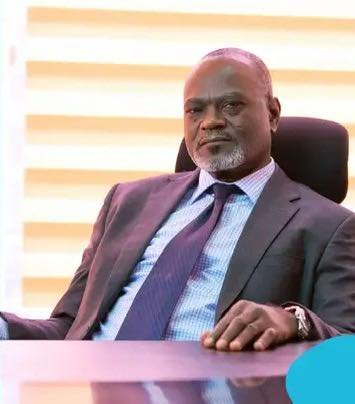Ghanaian businessman and philanthropist, Dr Kofi Amoah, has called for the creation of a National Rescue Fund (NRF) aimed at supporting vulnerable citizens.He said the NRF had become necessary to provide support to Ghanaians facing immense hardship, particularly in sectors like healthcare and education.Dr Amoah in the appeal for the Fund posted on the X Platform, said he was ready to donate GH¢100,000 to the yet-to-be-established NRF as soon as it was set up by the Ministry of Finance.The Philanthropist stated that the NRF would help the country and its younger generation, indicating that "If implemented, the NRF would serve as a powerful symbol of civic unity, responsibility, and hope in a time of national distress."Dr Amoah entreated the Minister of Finance, Dr Ato Forson, to consider his proposal and spearhead the establishment of the Fund, ensuring it was easily accessible to contributors through MoMo, bank transfers, cheques and other secure channels."I suggest that the Minister of Finance establishes an account in the name of 'National Rescue Fund' that can receive contributions large and small," he wrote. "Please, fellow citizens, let's do this as a sign of unity and togetherness."Dr Amoah appealed to well-to-do in society and philanthropic institutions, including the East Legon Executive Fitness Club, traditional authorities, churches, diaspora associations, and professional bodies such as the Ghana Bar Association, Ghana Medical Association, and the Association of Ghana Industries to contribute generously to the Fund.He proposed that individuals and organisations could contribute between GH¢2.00 and GH¢1,000 to raise money for the Fund.Dr Amoah called for unity among the citizens, saying "There comes a time when we heed a certain call, when we must come together as one.
There are people dying Oh, and it's time to lend a hand to life, the greatest gift of all."The Philanthropist's advocacy for a NRF is deeply rooted in his long-standing belief in self-reliant African leadership; one that moves away from excessive dependence on external aid and focuses instead on mobilising local resources, skills, and patriotism for national development

